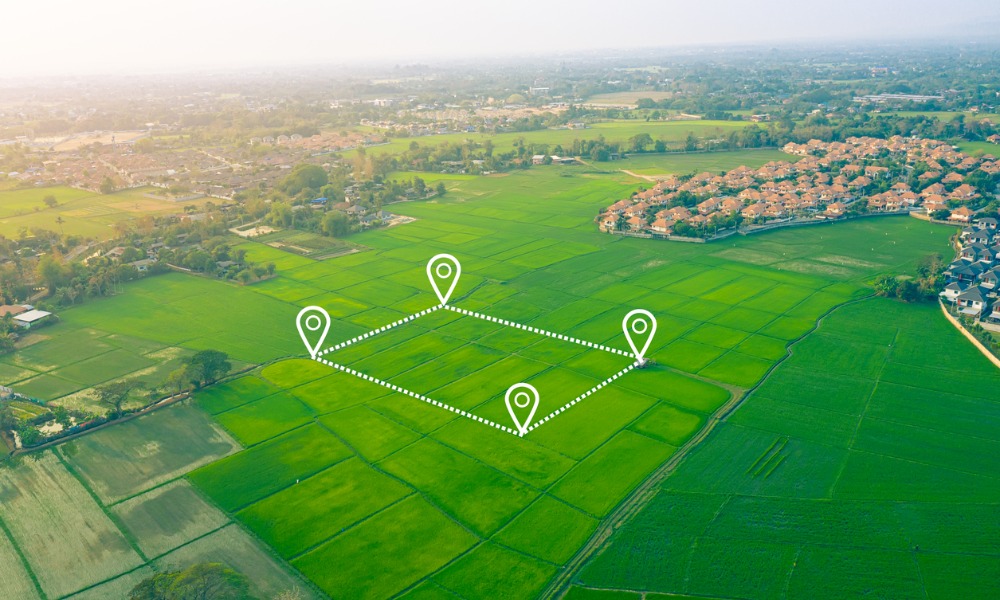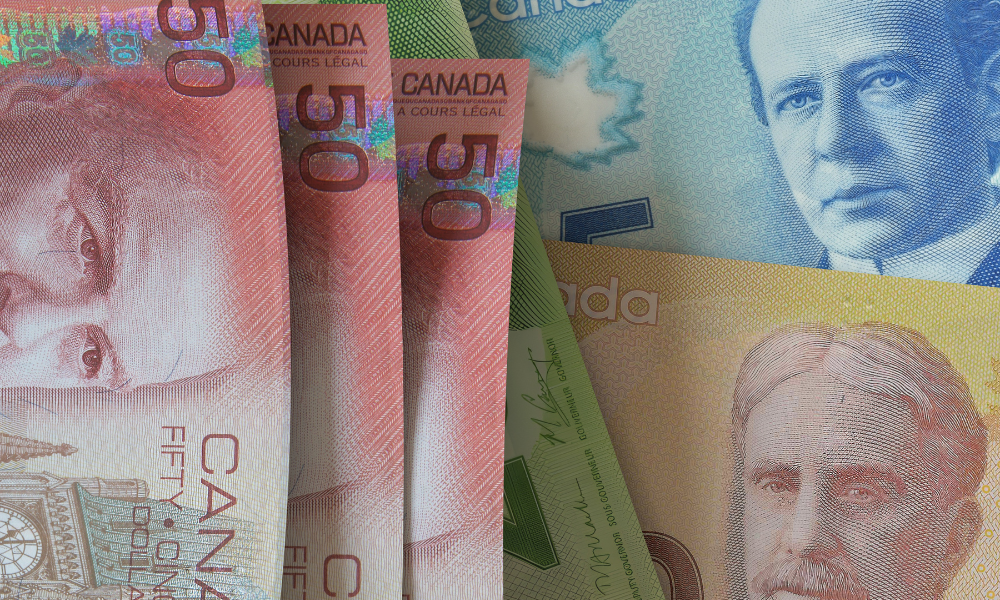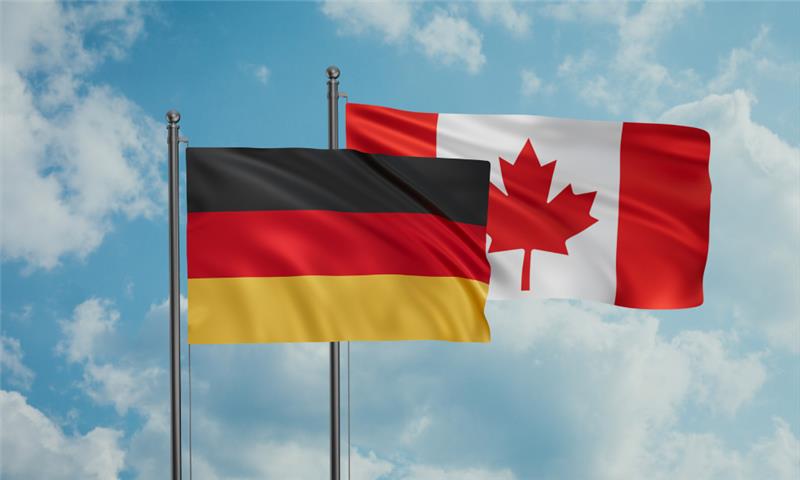Buying a development property in Canada offers a lot of advantages and profit. It’s important to know the different Canadian laws that may apply to such transaction.
How does buying a development property work in Canada?
Purchasing a development property may mean different things, such as:
- buying vacant land to be developed
- buying property that is still being developed from a real estate agent or developer
- buying a developed property directly from a seller
Aside from buying, it may also involve selling, developing, financing, and leasing properties.
Below are some of the arrangements when buying a development property in Canada. The applicable Canadian laws may include common law on contracts, laws and regulation of real estate agents, and tax laws.
Vacant land
There are three types of vacant lands in Canada which can be acquired and developed:
- Vacant lands: mostly expensive lands because of their existing utility services
- Raw lands: cheaper lands – they're mostly underdeveloped and found in remote areas
- Crown lands: owned by the government, which can only be leased or rented
Developed/developing property
Purchasing a developed or a developing property will usually involve dealing with real estate agents or developers. Here, provincial laws on real estate agents may apply. For example, in Ontario, it would be the Real Estate and Business Brokers Act, 2002.
What are the pros and cons of buying a development property?
Aside from Canadian laws (which are discussed below), there are other points to consider when purchasing a development property:
- Versatility: you are freer to develop vacant land, whereas you’ll be fixed on the developer’s or real estate agent’s terms when buying an already developed property.
- Costs: developing vacant land would be costly, although a developed property may also be expensive depending on the existing structures and roads to the property.
- Labour-intensive: vacant land would need more minds and hard labour to develop (which may result in more conflicts), rather than purchasing a developed property.
What Canadian laws apply when buying a development property?
It’s important to know the Canadian laws when buying a development property – whether you’re buying a development property for real estate development, or when purchasing a property from a developer.
Foreign ownership
A recent law was passed and took effect on January 1, 2023. It bans non-Canadians from purchasing residential properties in Canada for a period of 2 years. For the Act, a “residential property” refers to a building with 3 dwelling units or less.
The Act applies to non-Canadian individuals and non-Canadian corporations or entities.
However, there are certain exceptions to this ban:
- Residential properties found outside a Census Metropolitan Area or a Census Agglomeration
- Temporary residents studying or working in Canada, subject to certain conditions
- Protected refugees
- Accredited members of foreign missions in Canada
- Non-Canadian spouses and common-law partners
This law was amended on March 27, 2023 to add these exceptions. Know more about these amendments through this video:
To know more about this new law, consult with a property development lawyer in your area. If you’re in Calgary or Edmonton, reach out to any of the Lexpert-Ranked best property development lawyers in Alberta.
Documents
When buying property, it’s important to look at the documents that outline the rights and obligations of both parties.
During negotiations, common law provides that parties have a duty to negotiate in good faith. This means that there must be no concealment between either party.
After a preliminary negotiation, the buyer and the seller usually enter into a contract or an agreement. This can be in form of:
- Letter of intent
- Offer to purchase
- Contract of purchase and sale
While there is no standard form for this contract or agreement, it’s important that it provides all necessary terms and conditions agreed by both parties. The real estate boards in most Canadian cities have a prescribed form for these types of contracts or agreements.
Some of these necessary terms and conditions pertain to:
- Purchase price
- Security deposit
- Periods for the payment of purchase price and/or security deposits
- Due diligence periods
- Representations and warranties
- Property inspection
- Insurance
- Closing date
You can consult a property development lawyer for guidance in drafting a contract or agreement.
Legally binding
Spelling out the necessary terms and conditions in the contract or agreement is important since it becomes legally binding on both parties once accepted. The contract or agreement also establishes the parameters of the transaction.
Common law states that when this contract has been freely agreed by both parties, they now have the duty to fulfil their contractual obligations. It means that parties are bound by the contract, and any violation will make the party liable for damages.
Note that Québec’s Civil Code provisions on contracts will also govern properties or parties in Québec.
Due diligence
Due diligence must be conducted before the closing date or before the period specified in the contract.
Due diligence is the conduct of investigation on the claims of the other party in a contract. In buying a development property, it may include the following:
- Checking and acquiring the title to the subject property
- Compliance with the zoning laws of the province or municipality
- Checking the utilities and structural integrity of buildings
Due diligence must be done in consultation with a property development lawyer.
Taxation
It is also important to know the applicable taxes when buying a development property in Canada:
- Provincial Land Transfer Tax: levied for the transfer of ownership or title from one person/entity to another; the rates will depend on each province and the purchase price involved.
- Harmonized Sales Tax (HST): combination of the federal government’s Goods and Services Tax (GST) and the Provincial Sales Tax (PST); applies to home constructions and the sale of commercial and residential properties.
- Provincial Sales Tax (PST): when the province does not apply the HST system of taxation; applies similarly to HST.
- Capital Gains Tax: levied for the realized income on the sale of a property or investment, when that property or investment has increased its value from the time it was purchased or acquired.
There are many exceptions to these taxes when selling or buying a development property. It’s important to consult with a property development lawyer for detailed guidance.
Before buying a development property in Canada, consult one of the best property development lawyers in Canada as ranked by Lexpert.





